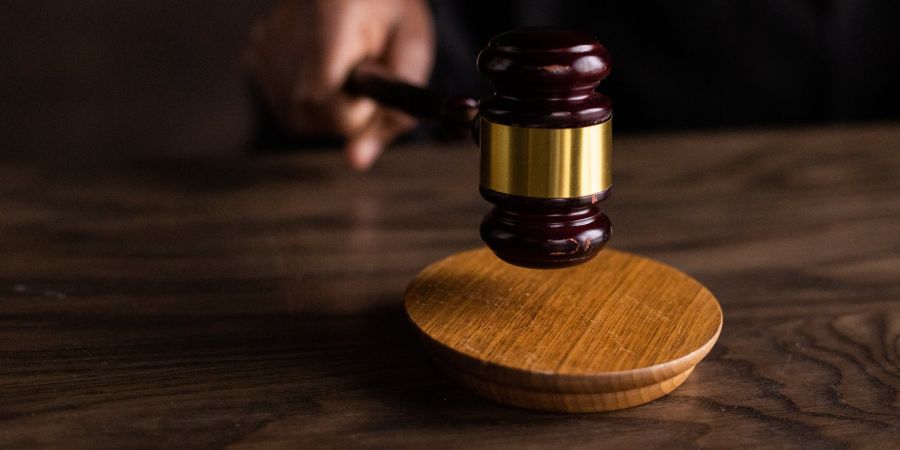

The High Court and Supreme Court have the authority to punish for contempt of court.
Contempt of court is punishable under Section 12 of the 1971 Contempt of Court Act with simple imprisonment for a term not exceeding six months, or with a fine not exceeding two thousand rupees, or with both.
However, in civil matters, if the court determines that a fine will not accomplish the goals of justice and that a sentence of incarceration is necessary, the court may decide that he be imprisoned in a civil prison for a period not to exceed six months.
The Honourable Supreme Court Of India & Others vs. Justice C.S. Karnan :
In 2015, a judge named Justice Karnan of the Madras High Court wrote to the Supreme Court, stating that the then-current dispute over the treatment and welfare of Dalit judges in the judiciary was far too offensive to him personally, and that he would initiate contempt proceedings against then-Chairman of the Supreme Court, Justice HL Dattu. Upon receipt of the letter, the Supreme Court instituted contempt proceedings against Justice Karnan and sentenced him to six months in prison, which he was required to serve against his opposition.
M.V. Jayarajan vs. Kerala High Court & Another:
In 2010, M. Jayarajan, the head of the Communist Party of India (Marxist) (CPI(M)), continued to protest and propagate hate speech against the Kerala High Court's order to prohibit meetings in specific public areas. The language used was exceedingly harsh on the judges, and it was determined that language that could inspire violence against the judiciary in the crowd and such remarks cannot be ignored. He was first sentenced to six months in prison by the Kerala High Court, but his term was reduced to four months after a Supreme Court appeal.
In the Matter of Prashant Bhushan and Others (Suo moto contempt):
In 2020, prominent lawyer and activist Prashant Bhushan sent a tweet against the current Chief Justice of India, Justice Sharad Arvind Bobde, who was photographed without a mask astride an expensive motorcycle. The comments were made specifically for the CJI and not for the trial or the functioning of the judiciary as a whole, which prompted debates. The Supreme Court ordered the lawyer to pay 1 as a penalty for contempt, which turned out to be the more amusing portion of the entire judgment. Prashant Bhushan, on the other hand, filed a petition challenging the legality of The Contempt of Courts Act, which has been repealed in many other legal systems worldwide yet remains in force in our country. The Honourable Supreme Court is still considering this petition.
The court is not permitted to impose a punishment for contempt of court in excess of that specified in this section, either against itself or a subordinate court. An accused may be freed or the punishment imposed if the accused makes a satisfactory apology to the court. An apology is not to be rejected solely because it is conditioned or conditional on the accused making it genuine.
